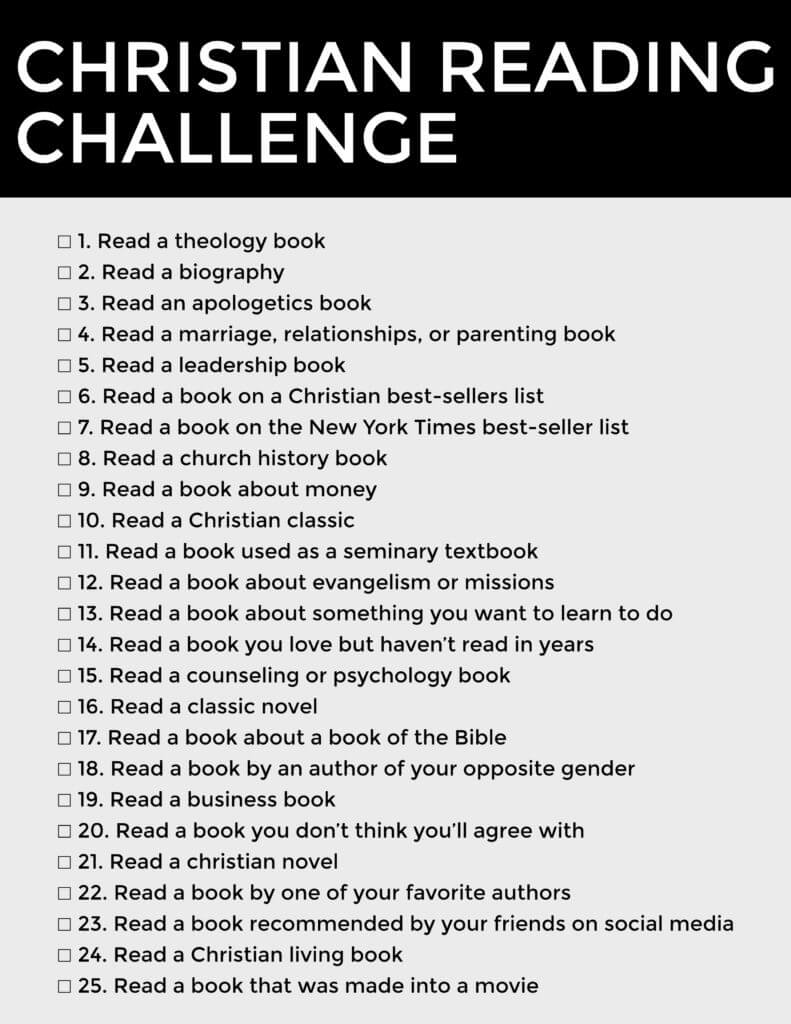Why Reading More Will Make You A Better Pastors
Readers are leaders, and leaders are learners.
As a leader of God’s people, you can’t ever be done growing, learning and improving. The day you stop learning is the day you stop growing, and often the start of your decline.
You need to develop an insatiable appetite for life-long learning.
And today, with the internet and the vast amount of books that are only a click away, we have no excuse not to read.
But sadly, I can’t tell you how many pastors I’ve met who admitted to me that they hate reading!
They never do it. They think it is boring. They say they don’t have time. But really, they would rather play video games, watch shows, scroll through social media, or do some other mindless activity.
A highly successful pastor I know once told me his philosophy on reading.
He said, “You should read at least one hour every day. If not, that’s a day you’ve wasted.”
Why? He explained to me that it takes an author an average of 2-5 years of their life to learn the lessons they write in a book.
So every book you read is 2-5 years or more of life-lessons that you get to learn from. You can soak up all of their insights and learn from their greatest mistakes—essentially accelerating your growth and making you wise beyond your years.
You don’t have enough time not to read
Think about this: Reading just an hour a day adds years of experience to your life. You gain time by reading—time you would’ve wasted doing something the wrong way.
And that just scratches the surface at the benefits of reading. Reading:
- Expands our minds.
- Broaden our worldview.
- Clarifies our thinking.
- Fuels our creativity.
- Ignites our passion.
- Grants us access to dead or unreachable mentors.
- Frees us to learn about anything our hearts desire.
- Helps us learn to lead more effectively.
And we have to understand that, overall, reading makes us better pastors and preachers.
So if you aren’t in the habit of regular daily reading, I suggest you take a hard look in the mirror and think about what you are missing.
On a practical level, if you want to get ahead on writing sermons, you need to be consistent with your habit of reading.
You will save yourself so much time if you are continually finding and collecting ideas, illustrations, quotes, and statistics before you ever need them. You just open your notes, find the relevant material and copy it to the page.
Reading is one way you’ll find these ideas. So don’t wait until you have to write a sermon to gather ideas.
Reading helps with writer’s block
Have you ever experienced writer’s block? You sit down to write, and you’ve got nothing. You stare at the page for what seems like hours, and you’re not sure what to say.
It happens to everyone, but it’s often because you’re running on empty.
As a preacher, you’re always creating. Week after week, you are pouring everything you have into your messages.
The problem is that you can only pour out what you put in. If your bucket, so to speak, is running empty, you’ll struggle to pour any more out.
A reading habit helps fill your bucket all year long. You need to be reading your Bible (first and foremost above all else) and in your spare time, read other books.
As you read, write down all of the ideas, thoughts, illustrations, statistics, and more that jump out at you.
However you choose to save ideas, the key is to be consistent. Even if you are starting from scratch, if you make this a habit, you will be creating a resource library that will become more powerful year after year.
And I promise you, if you do this—if you make a habit of reading every day, finding ideas, and storing those ideas in a notes database, your brain (and your notes) will be bursting with fresh thoughts to preach.
You’ll always have something interesting and helpful to say.
And when you sit down to write your sermons, and you’re working weeks in advance, you’ll churn out sermons better and faster than ever before.
But you have to put in the work!
What books will you read?
Make a list.
Look at all the sermons you have planned on your sermon calendar.
List all of their topics. Then, do a little research and find some good books on these topics.
Find authors, scholars, and publishers that you love, but don’t be afraid to branch out.
I’d encourage you to branch out and read more broadly on each topic.
You may even find some non-Christian books that are still helpful and well-researched.
If anything, you might gather some striking counterpoints that you’ll want to address in your message.
A Christian Reading Challenge
If you need some help, here’s a reading list that I dare you to follow:

Download the Christian Reading Challenge here.
I dare you to finish it!






Very inspiring, thank you so much for your effort..